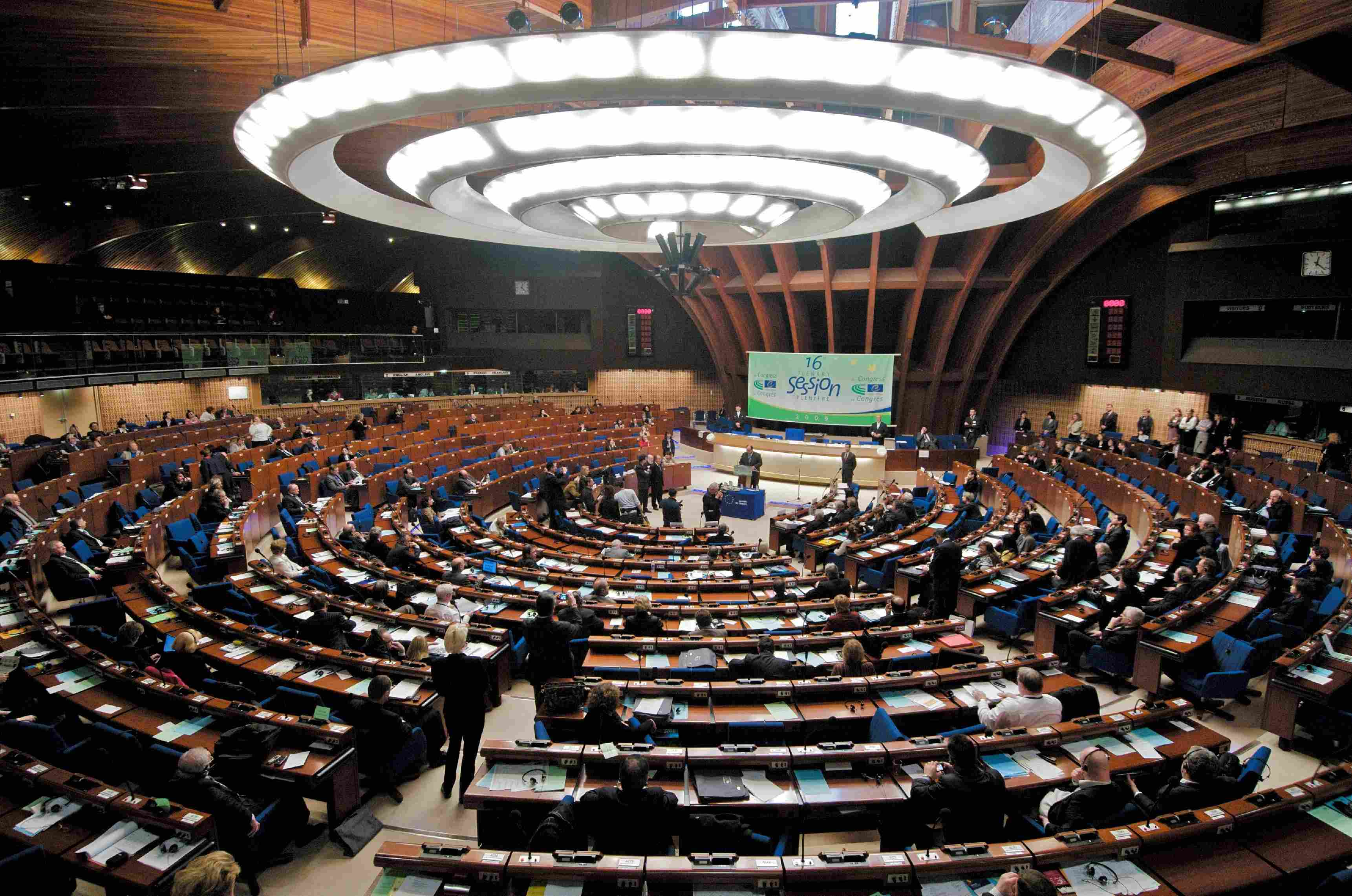Yesterday, the Council of Europe's Committee on Legal Affairs and Human Rights approved an introductory memorandum for an investigation based on concerns "about the growing number of national, regional and local politicians prosecuted for statements made in the exercise of their mandate, in particular in Spain and Turkey".
The investigation follows a motion submitted by some twenty members from different countries and parliamentary groups of the Parliamentary Assembly of the Council of Europe earlier this year, calling for the Assembly "to examine, from a legal and human rights perspective, the situation of politicians imprisoned for exercising their freedom of speech".
As part of this, the report's rapporteur, Boris Cilevičs, proposes carrying out "a fact-finding visit to Spain (Madrid and Barcelona)".
Boris Cilevičs, a member of the Latvian delegation to the Assembly, was one of those who signed the initial motion. In today's memorandum, he lists numerous cases where the European Court of Human Rights has resolved on issues of freedom of expression for political statements by politicians, including several concerning Spain.
He cites the Venice Commission's view that "the primary purpose of parliamentary immunity lies in the fundamental protection of the parliamentary institution and in the equally fundamental guarantee of the independence of elected representatives."
The memorandum also goes into the background of the case in Spain, where it says "criminal prosecutions target the President and members of the ousted autonomous Catalan government, the Speaker and three members of the parliament’s presiding board, dozens of senior government officials and over 700 mayors". It discusses the referendum, the application of article 155 of the Spanish Constitution and the current state of the legal proceedings against the politicians, saying "the charges against them -rebellion, sedition and organized criminal activity are considered by many commentators as grossly disproportionate". Cilevičs goes into further detail of criticisms of the charge of rebellion and looks at the "novel interpretation of the violence requirement for the crime of rebellion" adopted by the court and prosecutors.
The Latvian politician writes that "allegations [... of an] unfair imposition of pre-trial detention and doubts on the neutrality of the courts dealing with the cases of the Catalan politicians may also be relevant." He also notes that "numerous international NGOs and parliamentarians from many countries have denounced the arrests, detention and prosecution of the former Catalan government members", citing explicitly the conclusions reached by the UN Working Group on Arbitrary Detention.
In his preliminary conclusions, the rapporteur asks: "The question remains for which facts exactly the former members of the Catalan government are being prosecuted –given that the organization of an illegal referendum was explicitly de-criminalized not long ago, and that participating in and even organizing peaceful demonstrations constitutes the exercise of a fundamental right. Can the exercise of a constitutional right constitute a crime, one that is punished by long prison sentences such as those requested against the Catalan politicians in Spain?"

